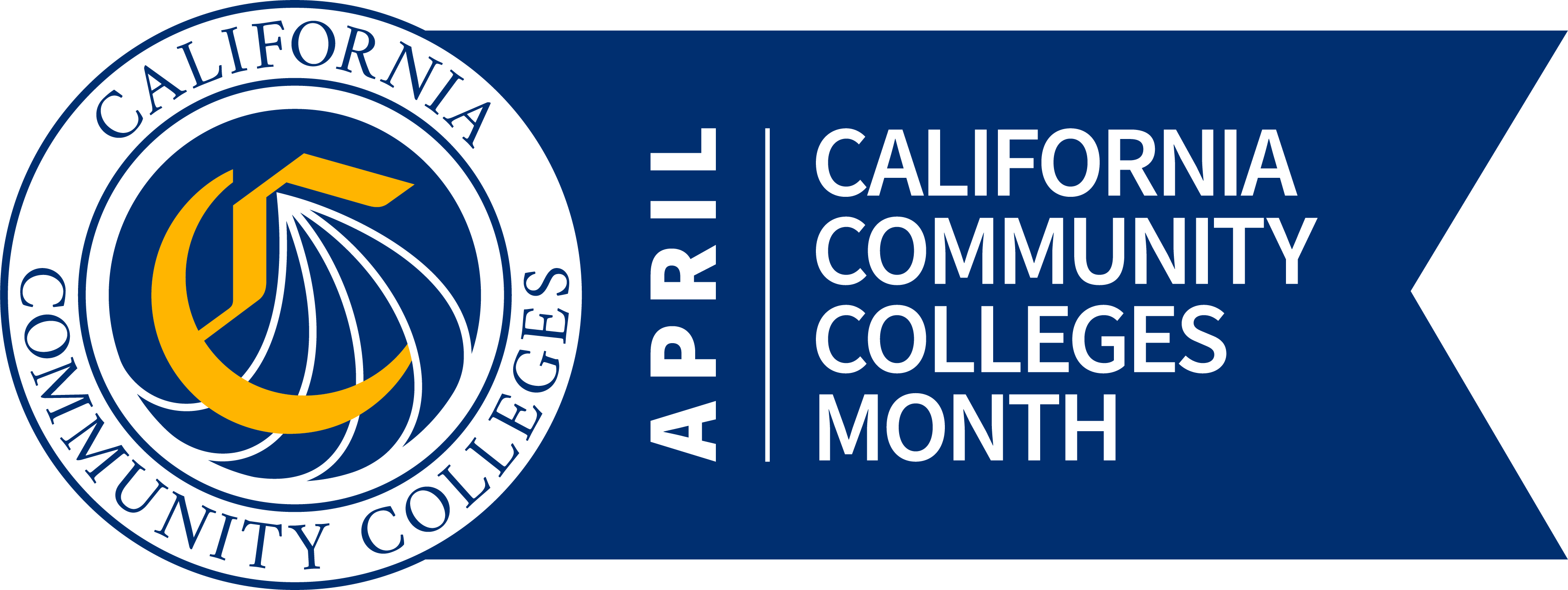The Chancellor’s Office and the California Community Colleges are dedicated to combating fraud while remaining accessible and available for all potential students.
The rapid shift to online learning due to the COVID-19 pandemic, along with changes in federal, state, and local policies, resulted in an unprecedented increase in fraudulent applications within the California Community Colleges. The Chancellor’s Office priorities and actions center on continuous upgrades that enhance fraud monitoring and detection capabilities within the systemwide admission application, CCCApply.
Initial efforts to recognize suspected fraud were successful in pinpointing gaps in the application system. Additionally, at the beginning of 2024, the Chancellor’s Office, in partnership with the California Community Colleges, further expanded fraud prevention capabilities with the implementation of identity proofing through ID.me, enhancing the security and integrity of the student application process. These changes delivered rapid results, cutting the number of confirmed fraudulent applications in the system in half in the first two weeks of launch.
The technology used by ID.me is widely used for fraud reduction and identity verification across state, federal and corporate organizations, in and outside of California. The ID.me integration with the systemwide admission application process requires students to provide valid identification documents to undergo a verification process, which helps ensure that each application is associated with a real, unique individual. This added layer of security is crucial in preventing fraudulent applications and protecting the integrity of the admissions process. Learn more about this implementation on the Enhancing Security in CCC Admissions with ID Proofing webpage.
Types of Fraud
There are three primary categories of fraud which take place in California Community Colleges, each of which are a more advanced form of the prior:
- Admission application fraud is the act of creating an OpenCCC account, applying via CCCApply and completing the application process with the college locally without the intent to attend college for educational purposes.
- Enrollment fraud is the act of registering for classes without the intent to legitimately attend. Bad actors take this action after committing admissions application fraud. This can only occur once a college has accepted the admissions application and enabled access to registration.
- Financial aid fraud is the act of attempting to collect financial aid to which the applicant is not legally entitled. This can occur only once a college has allowed the student to register for classes (following enrollment fraud), and once relevant external agencies have accepted students' financial aid application and colleges have begun the process of disbursing local, state and/or federal financial aid.
The Chancellor’s Office, community colleges, and their districts have multiple strategies in place to mitigate each fraud type outlined above ranging from technical controls to faculty verifying a student is attending class (see memo ESS-21-300-013).
Fraud Mitigation Strategies
Since 2022 the Chancellor’s Office, in partnership with the California Community Colleges Technology Center and individual California community colleges, has added additional layers of fraud detection and prevention to combat increasingly sophisticated malicious actors including:
- machine learning that recognizes false applications;
- Multi-Factor Authentication to protect student accounts;
- resistance to bots and automated script attacks;
- statewide correlation of fraud data for pattern recognition & response;
- detection of known financial fraud actors;
- cross-college sharing of detected fraud applications;
- strong identity proofing and liveness verification.
The remaining 2024 planned fraud mitigation enhancements include:
- improving resistance to bots and automated scripting attacks via newly available technology;
- supplying technology and funding to enhance local college application reviews and assessments;
- designing an improved application process via the Reimagine Apply project;
- evolving and refining existing fraud mitigation strategies to address evolving fraud threats, including the ongoing integration of ID.me's advanced identify verification tools to prevent impersonation and fraudulent applications.
Additional Support and Reporting
For students in need of help, please visit the Tech Center Help Desk or the ID.me Help Center. If you are enrolling or hope to enroll at a college and feel you have been the victim of a crime associated with application, enrollment, and/or financial aid fraud, please contact your local law enforcement and the relevant college(s) for assistance.
If you work at a California Community College and need assistance managing fraud, consider reaching out to your College Experience Manager (CEM) at cems@ccctechcenter.org. If you observe fraudulent behavior, please report it to local, state, and/or federal officials as relevant.
Contacts
If you encounter system issues while applying to colleges, the student helpdesk is available:
- Online: ccchelp.info
- Email: support@openccc.net
- Phone: (877) 247-4836
- TTY: (844) 488-9726

